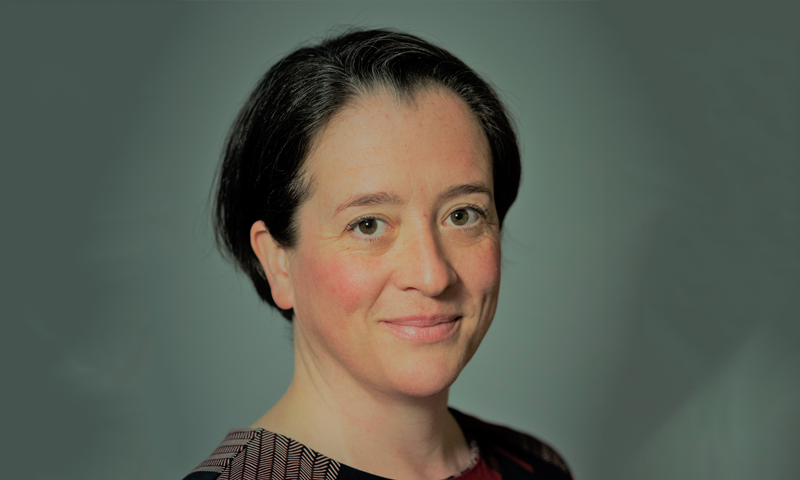
I have been looking recently at my mother’s collection of translations of The Little Prince by Antoine de Saint-Exupery. Before she died she had been a teacher of English as a foreign language, and at some point her devoted students – once they had returned to their home countries after studying in Gloucestershire – started to send her translations of this classic children’s story. The collection, now forming part of my obligatory Zoom bookshelf backdrop, includes Japanese, Portuguese, Italian, Korean, Greek, and, of course, the original French.
Despite their enthusiasm (particularly on display when camping in the Dordogne) neither of my parents spoke fluently in anything but their mother tongue, but I had grown up surrounded by a deep love of and interest in other languages. This love endures, as does, to my chagrin, my own stubborn inability to improve my school French and German.
Poetry was another ever-present interest for me growing up, this time engendered more by my father who can still recite the Coleridge and Keats he learned by heart at school in the 1950s. And I now share with my son the hilarity of Spike Milligan’s nonsense verse, and the universality of feeling like you want to be a little child forever in AA Milne’s Now We Are Six.
Unlike me, my son is blessed as bilingual, growing up with a German father and English mother. And also unlike me, he has the privilege of growing up in a city, surrounded by bilingual and multilingual children and families and communities. He goes to school with third generation Nigerian and second generation Brazilian kids: they all scream and shout in English in the playground, then go home and Facetime across timezones with their grandparents, in Igbo, in Portuguese. It’s a diversity of communication that feels uniquely 21st century.
As the Poetry Translation Centre grows its work with young people from diaspora backgrounds across the UK, it brings along with them those generations who speak in many languages, who wear – often with a deceptive lightness – several lifetimes of identities. It is poetry that will often be the key to helping people wear the multifarious parts of their identity with ease, to be able to explore what makes them feel represented: the language explores depths, holds a mirror up to thoughts and feelings.
At a time of conflict, translating poetry offers a way through to respect and understanding of differences and variety, and a way to alight on those things which make us all human – feeling love, fear, joy. The gift of poetry translated – the lyrical alchemy of transforming from one language into another words that speak of heritage, of challenge, of identity, so they can then be shared across borders and throughout communities – this is the beating heart of the Poetry Translation Centre.
Octavia Lamb
Chair, Board of Trustees, Poetry Translation Centre

